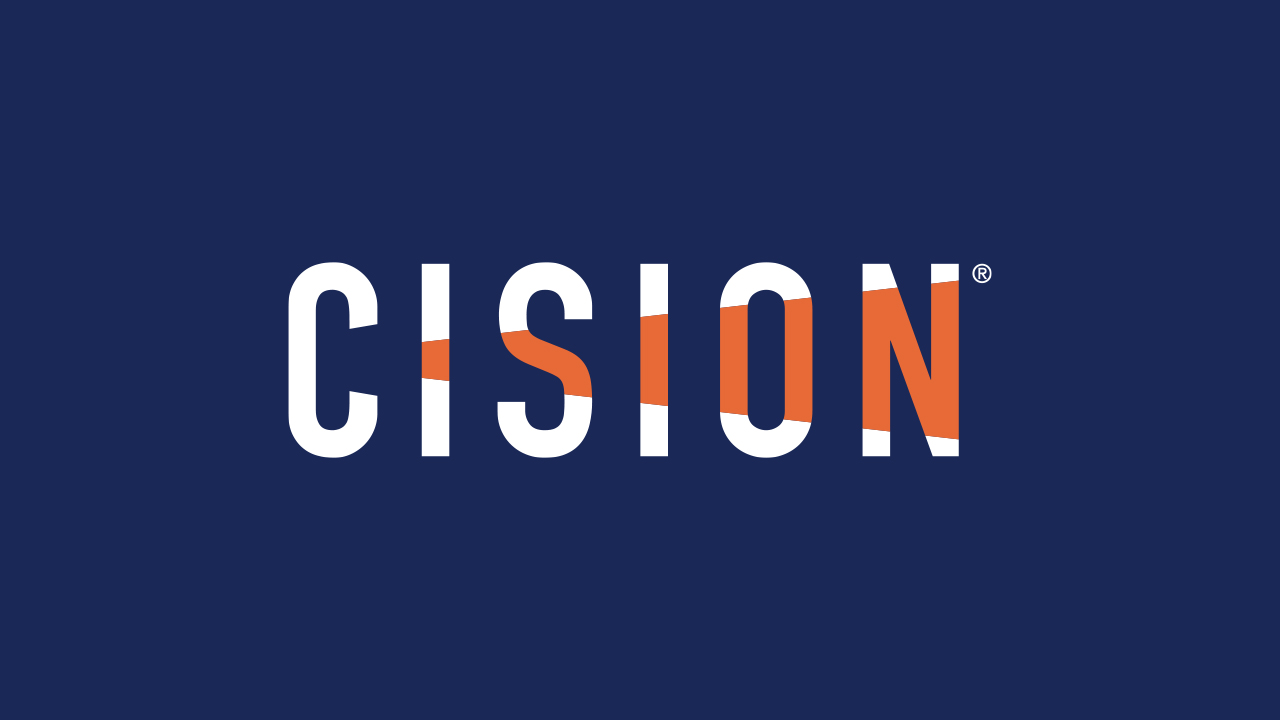If you want to prove to your investors that they've made the right choice by backing your business, getting your hands on some investor relations software is a great place to start.
This software can transform the way you communicate with your investors, and show them that the money they put down was worth it.
There are tools that make it easy to keep your investors up to date with your organization's latest developments, and others that help you organize and analyze a high volume of data, then deliver it in an easy-to-understand format.
What's more, investor relationship management software can unearth smart, real-time data on your investors, sector trends, and competitors. It's also a good place to start if you're currently seeking venture capital or private equity investment.
In other words, it can provide the kind of key info you need to stay ahead in the industry.
Why is investment management software useful?
In this guide, we'll look at investment management software from all angles.
We'll go into a bit more detail about the purpose of investment management software and its benefits, before delving into the features you're likely to come across.
We'll also share some tips for setting out an investor relations strategy that attracts venture capital.
After that, we'll look at how you can make the most of the software once you have it.
In this article:
Understanding Investor Relations Software
Benefits for Stakeholder Management
Features of Top Investor Relations Software
Strategic Investor Relations Management
Integration with Capital Markets
Selecting the Right Investor Relations Software
Implementing Investor Relations Software
The Last Word on Investor Relations Software
Understanding Investor Relations Software
We love a bit of software that makes our lives easier, and that's exactly why investor relationship management software is kind of great.
Before we get into its key features, let's take a look at how it functions and why stakeholder management is important in the first place.
Core Functions of IR Software
Software that helps you manage your relationships with investors is sometimes referred to as an investor relations platform or investor relations CRM.
Whatever you call it, this is one system specifically designed to help you communicate the important stuff with your stakeholders.
When searching for your chosen platform, there are a few boxes that you'll want to check.
First up, you'll want to find yourself investor relation software that can track all important investor information. This way you have all that important contact information and investment history in one place.
Most systems can also generate a contact record that you can look back on. This is great if you want to remind yourself where you stand with a particular investor.
Secondly, it's really important that your investor relations CRM is able to streamline the way you communicate with investors. This will help you send out important business updates in a timely manner.
Finally, any investor relationship management platform worth its salt will do some analysis, too. This will help you evaluate your investors' performance and potential for future investments using tools that assess patterns and trends.
Benefits for Stakeholder Management
There are loads of benefits if you have investor CRM software in your back pocket.
Some of the key advantages include streamlined communication and a new-found feeling of transparency between client and investor.
Some platforms allow you to personalize your communication with investors based on their preferences, investment history, and interests. This personalization is essential when it comes to the relationship driven nature of the task at hand.
Features of Top Investor Relations Software
As you shop around for investor management services, you'll probably notice that different platforms offer slightly different features.
Let's have a look at some typical features and tools you might come across to help you decide what will be most helpful to your business.
Investor Communication Tools
The main thing that investor relationship management software offers is a suite of communication tools to help you engage with your investor base.
These tools typically integrate with your existing CRM software, allowing you to manage contacts, schedule meetings, and send personalized emails.
Additionally, the software may also offer webinars and video conferencing options, so that you can conduct virtual investor presentations or group discussions whenever needed.
Automated Activity Tracking
Automated activity tracking is a super helpful tool.
It keeps a record of all your interactions with investors, including things like emails, meetings, and calls.
From there, you can catch any blind spots in your investor interactions and make sure they are always kept in the loop, and receive the most important information.
Reporting Dashboards
Another thing to look out for in your investor management services (IMS) platform is dashboards filled with helpful data about your efforts regarding your investors.
These dashboards will help you to visualize metrics such as investor engagement, portfolio management performance, and where you stand on levels of communication.
Data Sharing and Management
Tools that help you share and manage data are another helpful feature to keep an eye out for.
This will round up those key financial figures so that you can ping them off to an investor without too much trouble.
Integration with Capital Markets
One key aspect of IMS platforms is their ability to provide access to capital markets.
There's a bit of jargon to break down here, but ultimately investor relationships are built from these markets – where suppliers (those with capital to invest, either venture capital or private equity) find businesses seeking investment.
If you're seeking potential investors, relationship management software can provide that vital access to prospective investors and private equity fund managers.
Linking to Current Deal Data
Many investor relations platforms provide advanced data linking features, connecting you with up-to-date information from venture capital funds and private equity firms.
If you have access to these databases, you can track deal data in real time.
You can also track key performance indicators (KPIs) from various hedge funds and private equity firms, which is always helpful when it comes to raising funds and deal management. It will also help you remain competitive.
Ensuring Compliance and Due Diligence
You already understand the importance of ensuring compliance and carrying out due diligence, especially when dealing with capital markets.
As soon as you integrate your software with the capital markets, you'll also have access to the fundraising management tools needed to monitor and document any changes in regulations or industry standards.
Even better, you can track and analyze trends to identify potential risk factors.
You can also use the software to generate compliance reports (which will ensure you're following all the rules) and due diligence checklists (which will help you verify that investment opportunities are legit before proceeding).
Selecting the Right Investor Relations Software
As you compare different investment management tools, you might find that one investor relations platform differs quite a lot from another.
Next in this guide, we'll share a few important ways that you can distinguish one platform from another. After that, you'll be able to shortlist the options that might suit you best.
Evaluating Software Solutions
When choosing an investor relations program for your business, you want to look out for features that will make your day-to-day working life easier.
For example, it's a good idea to look for software with a well-integrated and comprehensive customer relationship management (CRM) system. This will make managing your investor database a lot easier.
Beyond that, you'll probably want an easy-to-use dashboard, robust security measures, and a nice range of reporting capabilities (customized reports are a big bonus).
It's good to think about other things that you'll find useful and make sure they're available in your chosen tool – this might be integration with your other software, real time analytics, access to investor profiles.
Customization and Scalability
You can usually customize your investor relations software so that it meets your specific needs.
Before you hit subscribe on a costly plan, it's a good idea to make sure that you can configure settings according to your preferences.
This might be things like generating personalized reports or customizing the user interface.
Scalability is an essential tool, too. Are you confident that the software will serve your requirements as your business grows or your needs change?
Good investor relations software should allow you to upgrade the system easily, add new features when necessary, and seamlessly accommodate a growing number of investors.
Want to know more? Read about investor and analyst relations here!
Implementing Investor Relations Software
So, you've chosen your IMS platform and it's now downloaded and ready to go. Great!
Here are a few tips to make sure that getting your staff trained up is a smooth process.
Onboarding and User Adoption
Now you've got your software, let's make sure that your IR team knows exactly how it works.
This is known as onboarding and user adoption, and the aim is to make it as easy and quick as possible.
IR teams tend to have specific needs, so make sure you customize the platform. This will probably mean setting specific market data fields to track investor data and defining the role of each user.
Make certain to involve all key team members in the process, so that they can get familiar with the platform as quickly as possible.
It might help to arrange a demonstration, highlighting relevant features and functionalities, and making sure everyone understands how to navigate the system. Allowing users time to get comfortable with the system will definitely help.
Training and Support
Once your IR team has been onboarded, the next step is to provide them with comprehensive training and support.
This way, you can be confident that the CRM platform is being used to its full potential, making it easier to manage existing relationships and build new ones.
Try tactics such as structured training sessions. Depending on your business set-up, these could be in person or via video tutorials.
Try to include some real-life examples from your company to make the material more relatable.
Make sure that everyone knows where to find the important data and analytics functionality.
They might get stuck even after that initial training, so make sure that everyone knows who to ask for help if they have a problem with the IR program.
It might also be useful to schedule recurring training sessions to refresh skills and introduce new features as they become available.
The Last Word on Investor Relations Software
As you can see, investment management software can be really helpful when it comes to managing relationships with current investors.
It's a great way for your team to share consistent updates, while also providing them with clear visibility across all the relevant data.
It can also provide access to potential investors, leaving you to reach out with warm introductions.
A good IMS platform supports building your investment management in all the best ways, and it should definitely be part of your full investor relations strategy.


